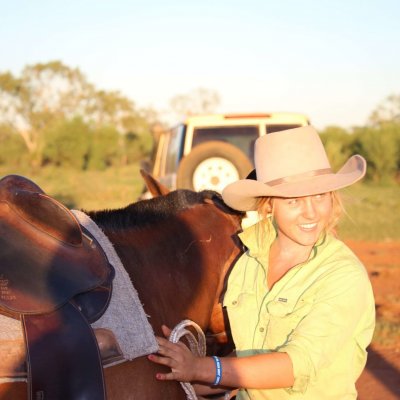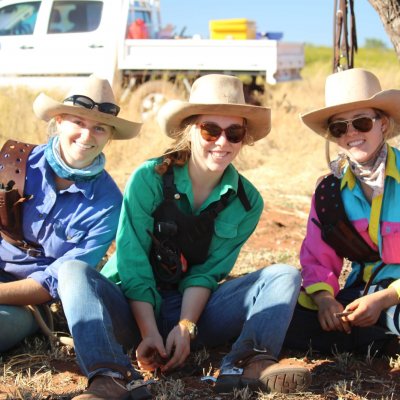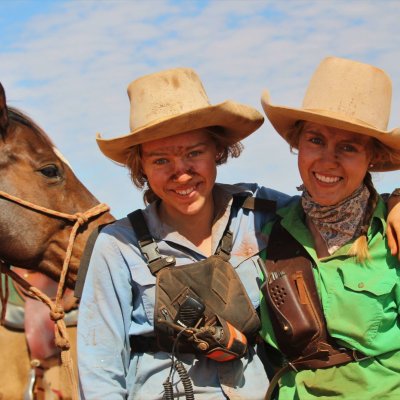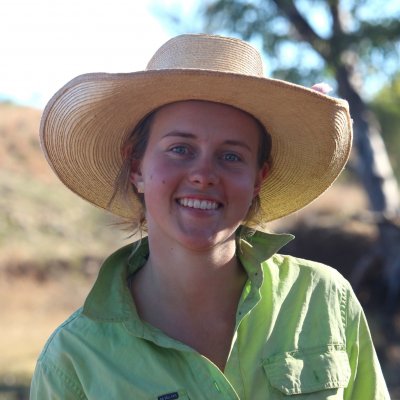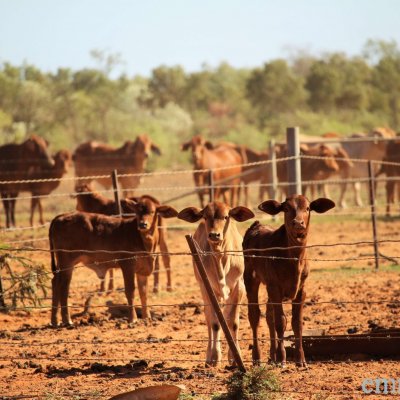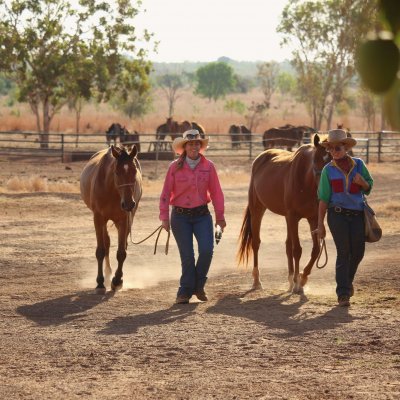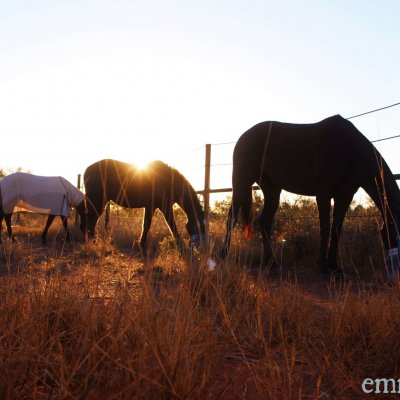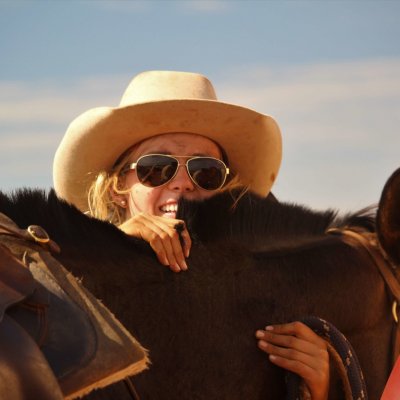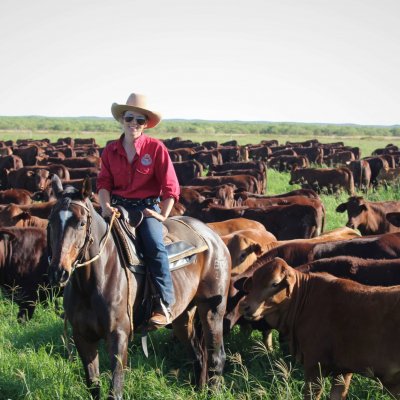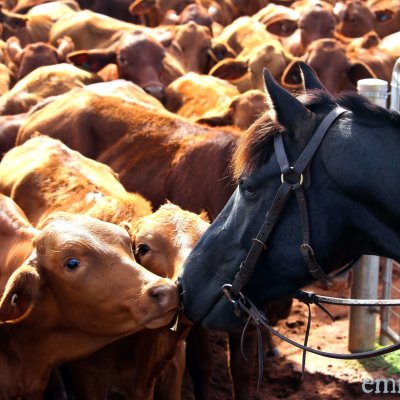Founder of the Instagram sensation ‘Life On A Station‘, Emma Moss is not only a talented photographer, but an ABC Trailblazer, an AgriFutures Horizons Scholar and a fierce ‘ag-vocate’ for taking Australian produce to the world. Originally from Southbrook in Queensland’s Darling Downs, Emma is happiest when spending time with her family, being around animals and sharing ideas with other like-minded, passionate people.
When asked what concerned Emma about the health and safety of those in rural industries and communities, Emma reflected on her time as a jillaroo on a remote cattle station in Western Australia’s Kimberley region. “Working at heights is often approached as a ‘she’ll be right’ situation”, she said. Emma heeds the advice to always ensure ladders are properly reinforced, to ‘stick to your guns’ and to call someone out upon taking an unnecessary risk.
How would you describe yourself in three words?
Determined, passionate and broadminded.
What's one achievement you are most proud of?
The creation / following of my Instagram – Life On A Station.
What makes you truly happy?
Being with family, being around animals (riding horses, working cattle and sheep, dogs etc), feeling grounded through being involved in rural Australia and sharing ideas with fellow passionate people.
What do you love the most about being a rural woman?
The feeling of being part of a community contributing to something bigger (feeding Australia/the world).
Tell me about a time when you felt worried about your own or someone else’s health, safety or wellbeing on the farm, boat or in some other aspect of rural life.
Working at heights is often approached as a ‘she’ll be right situation’. We were welding shade frames at the yards that were as high as the ladder could go. The ladder actually ended up slipping as it wasn’t reinforced properly. Luckily no one got hurt (falling only a few metres), but it could have been a lot worse.
What practical things did or could you, your partner and / or others do to prevent someone from getting hurt?
Have a quick discussion before or on your way to a job about the possible risks and identify ways to eliminate them.
Often if the conversation it is kept more casual I can avoid being termed an ‘OHS Nazi’.
Having a chat with everyone and making sure everyone is aware that they are ultimately responsible for their safety.
Most bosses are very happy to accommodate / help make the workplace safer.
"Working at heights is often approached as a 'she'll be right' situation. Have a quick discussion on your way to the job about the possible risks and how to eliminate them."
Emma Moss, Southbrook, Queensland AU Tweet this
Is there a time, place or scenario when your partner / workers are more willing to make changes to the way work is done?
When perceived as a practical or a simple fix, then yes. If it involves too many extra steps or remembering to bring lots of other things to a job, then possibly not.
I think people are a lot better in the workshop working with power tools and using glasses and gloves etc.
If you could give any advice to another rural woman about work health and safety in rural industries, about influencing change in business - or just in general - what would it be?
I think the timing and the approach taken to discussing the way changes could be made is important. If it’s more of a discussion and agreement rather than ‘nagging’, that certainly makes a big difference. Often if it’s their idea then they may be more likely to implement it – planting the seed 😉
Also, stick to your guns and call someone out if they are taking unnecessary risks.
